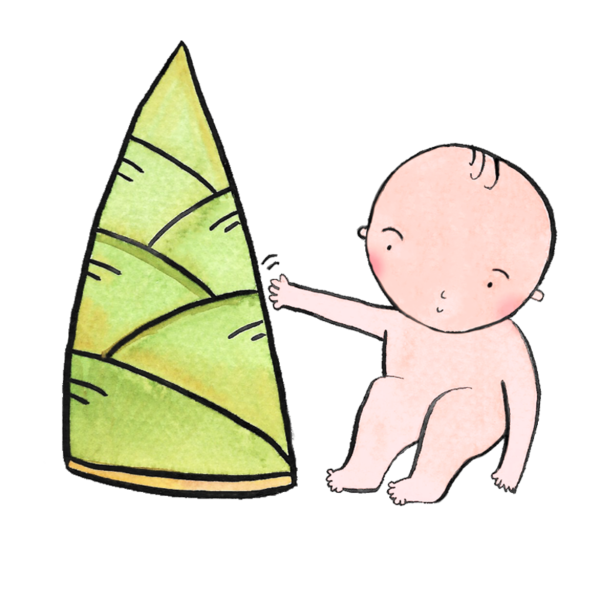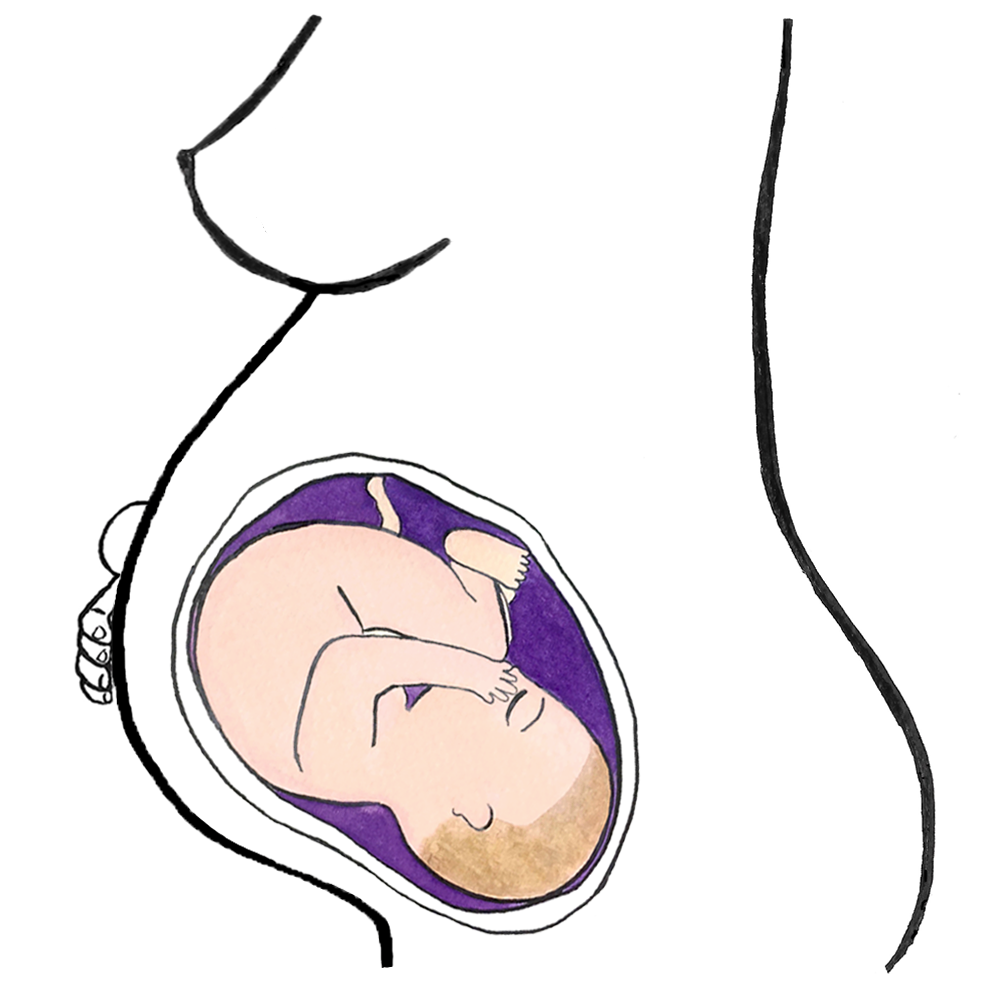36 weeks pregnant
Weekly update

Finally, the lungs are fully developed, and Your Child is ready to breathe on their own.
With the increased pressure on your pelvic floor muscles, you may experience accidental urine leakage when you laugh or sneeze.
Your Child’s development
By the end of this week, the pregnancy is taken to be near-term. What is left for Your Child is just to keep adding baby fat. The little one now weighs about 2.4 kg and measures about 47 cm in height — the size of a bamboo shoot.
The organs: Most organs are completely developed, including the lungs and the digestive system. Even though these two systems are mature, they are yet to function. When Your Child is born, the lungs will start to function, and when the little one takes the first feed — probably from your breast — the digestive system will start its function.
The protective coating: The creamy-textured coating, vernix caseosa, still covers Your Child’s body, protecting it from amniotic fluid. This natural lubricant also helps the little one to pass through the birth canal.
If, at this point, Your Child is still in an unfavorable position, like the breech position, your doctor may advise you on what to do to make your baby adopt a good position for normal delivery.

Your development
Due to the increased pressure on your bladder, there might be a bit of urine leaking out. Continue with your kegel exercise to reduce the leakage, which you may experience whenever you cough or sneeze.
Additionally, the amount of Braxton Hicks contractions will increase.
Less movement: You may feel fewer Your Child’s kicks than before because Your Child is getting bigger. As there is not much space in the womb, it will be harder for Your Child to give you a punch or a kick. However, you’ll probably feel a lot of stretches, rolls, and wiggles.
What you can do
As your due date is approaching, be sure to know all the signs of labor. Some of the signs are frequent and longer-lasting contractions, diarrhea, and more importantly, breaking your water. If you notice your water, be sure it’s amniotic because it can appear like urine — the amniotic fluid is clearer and doesn’t have the characteristic urine odor.
Verified:
Dr. Wanwadee Sapmee Panyakat (OB-GYN), license no. 41208 (20 October 2021)



